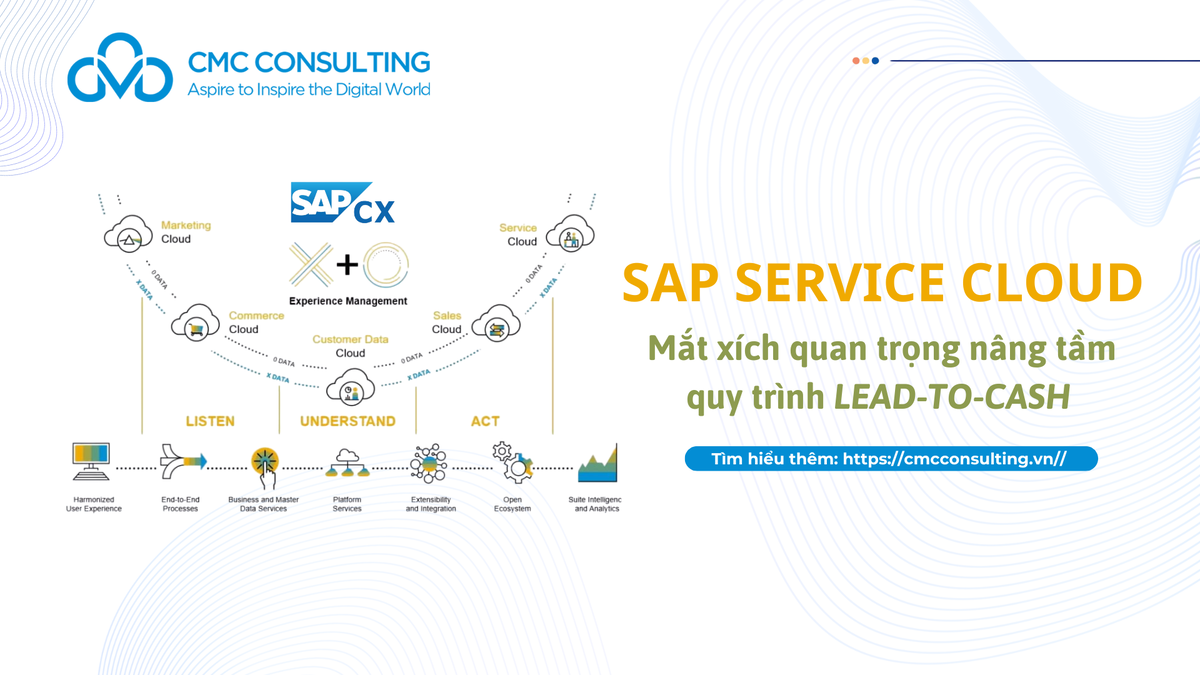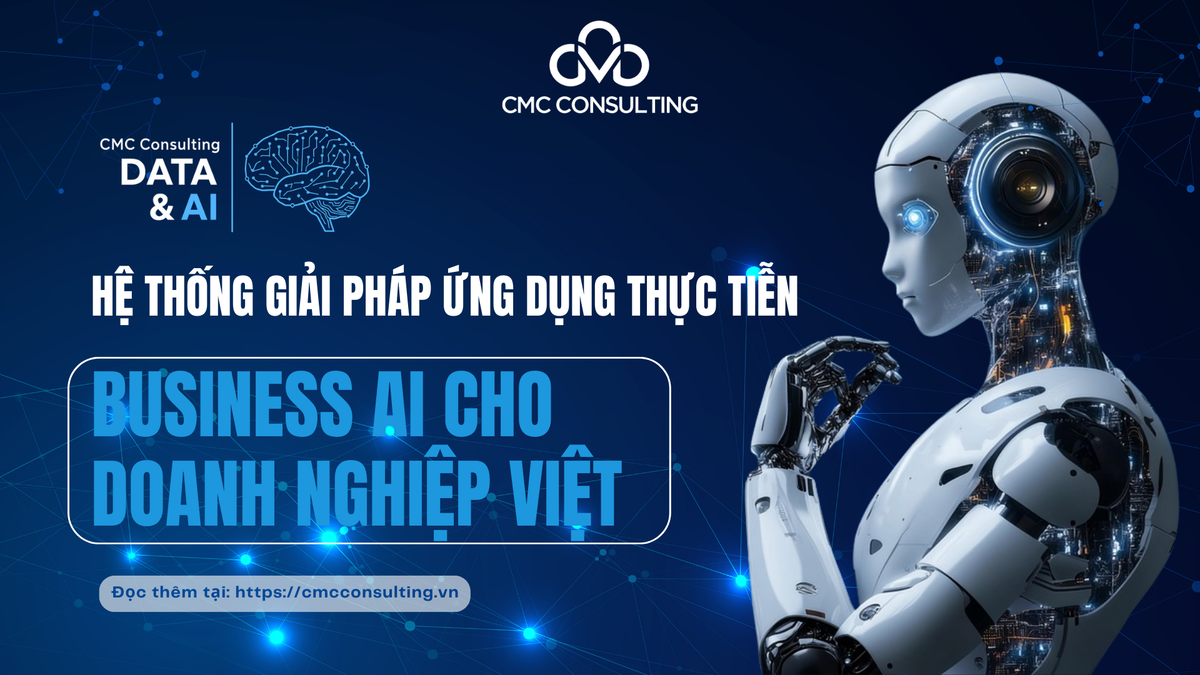In today’s globalized context, sustainable development has become a popular trend among businesses. ESG, which stands for Environmental, Social, and Governance, is not just a set of criteria to ensure sustainable growth but also a critical foundation for Vietnamese companies to affirm their position in the international market. Complying with ESG standards opens up numerous growth opportunities, improves operational efficiency, and enhances long-term sustainability for enterprises.
The ESG Challenge for Vietnamese Enterprises
Sustainable development is now a global trend. According to KPMG’s 2022 report, 96% of the world’s largest companies have published sustainability and ESG reports, with 64% acknowledging that climate change poses a significant threat to their business operations. This shows that companies failing to keep pace with ESG developments will struggle to remain competitive in the global market.
In Vietnam, where the economy relies heavily on exports, adherence to ESG standards is increasingly critical. Particularly, businesses exporting to major markets like the EU, the U.S., Japan, and South Korea must comply with stringent regulations related to carbon emissions, occupational safety, and environmental protection. Vietnam’s export economy is heavily dependent on the European Union (EU), which accounts for 16% of the country’s exports and is the third-largest importer of Vietnamese products globally. Under these conditions, Vietnamese businesses are forced to make concrete commitments and execute clear actions toward achieving Net Zero.
Vietnamese enterprises are gradually incorporating ESG into their business development strategies. However, for small and medium-sized enterprises (SMEs), which account for over 90% of businesses in Vietnam, many have only a basic grasp of ESG without specific strategies, plans, or actions in place. For non-exporting companies, this issue is receiving far less attention compared to their export-oriented counterparts.
One of the major challenges is the lack of government support and international resources. Many SMEs still lack access to financial assistance programs or essential information and materials needed to implement ESG effectively. This results in a stark disparity between the ESG adoption rates of large corporations and smaller firms.

Benefits of Implementing ESG for Businesses
Adopting ESG brings numerous practical benefits to businesses, ranging from improved branding to expanded market access and increased investment attractiveness.
Sustainable Development and Market Expansion
One of the biggest advantages of ESG adoption is helping Vietnamese businesses maintain and expand international market access, particularly in regions with stringent sustainability requirements like the European Union (EU). With policies like the Carbon Border Adjustment Mechanism (CBAM) and the EU’s “Green Deal”, Vietnamese exporters must meet strict standards for emissions and environmental protection. For instance, Vietnam’s steel and seafood industries are two key sectors required to comply with rigorous environmental impact regulations to maintain their presence in the European market.
Enhanced Brand Image and Reputation
Implementing ESG not only provides opportunities for global market access but also helps businesses build a positive brand image in the eyes of consumers, investors, and partners. Modern consumers increasingly value companies that demonstrate strong social and environmental responsibility. Companies that adhere to ESG standards are more likely to earn the trust of their customers and strengthen their brand reputation.
A prime example is Vinamilk, one of Vietnam’s largest companies, which consistently ranks among the top 10 sustainable enterprises. Vinamilk focuses not only on developing environmentally friendly products but also on implementing initiatives to minimize its negative environmental and social impacts. This has enabled Vinamilk to maintain its position in both domestic and international markets, attracting the attention of global investors.
In addition to improving credibility, ESG helps businesses reduce operational costs. By investing in green technology solutions, companies can minimize energy, water, and raw material consumption. This not only reduces environmental impacts but also helps companies cut costs.
Attracting and Retaining Talent
A company with a strong ESG commitment creates a better working environment, which helps attract and retain talented employees. According to a report by PwC, employees are increasingly choosing companies with clear sustainability policies and social responsibility initiatives. A motivated and engaged workforce will support the long-term sustainable development of the company.
Boosting Investor Confidence
Investors are increasingly focusing on ESG factors, with nearly 80% considering them important in their investment decisions, and about 50% ready to divest from companies that fail to act on ESG issues. Therefore, companies aligned with ESG expectations are likely to attract more investments and maintain investor confidence.

A Path Forward for ESG-Oriented Businesses
The Governance aspect of ESG plays a crucial role in ensuring that businesses comply with environmental and social standards. A robust governance system helps enterprises manage risks, improve operational efficiency, and ensure regulatory compliance. Additionally, good governance enhances transparency, accountability, and trust among stakeholders. To successfully implement ESG, businesses should follow these three steps:
- First, establish a dedicated ESG task force or legal department to continuously monitor and update changes in environmental laws and policies. This helps businesses stay informed of policy and regulatory developments that directly impact their operations.
- Second, invest in environmentally friendly technology and solutions. This not only minimizes environmental impact but also improves efficiency in production and business processes.
- Third, integrate sustainability and environmental responsibility into the overall business strategy. Companies should view environmental issues not merely as legal challenges but as opportunities to lead in the field.

Businesses should consider ESG as a tool – a "shield" – to protect against risks related to environmental, social, and governance issues. Gathering information and building a data system for comparison is crucial during ESG implementation, ensuring transparency, reliability, and accountability in business operations.
To achieve ESG goals, businesses must move beyond awareness to concrete strategies, actions, and collaborations with experienced partners in ESG consulting and implementation. CMC Consulting is ready to accompany businesses on their journey to build ESG strategies, providing suitable technology solutions to facilitate green and digital transformation, delivering sustainable value, and protecting companies against global challenges.




 CMC Consulting
CMC Consulting 16/10/2024
16/10/2024

















